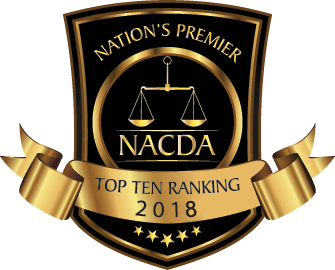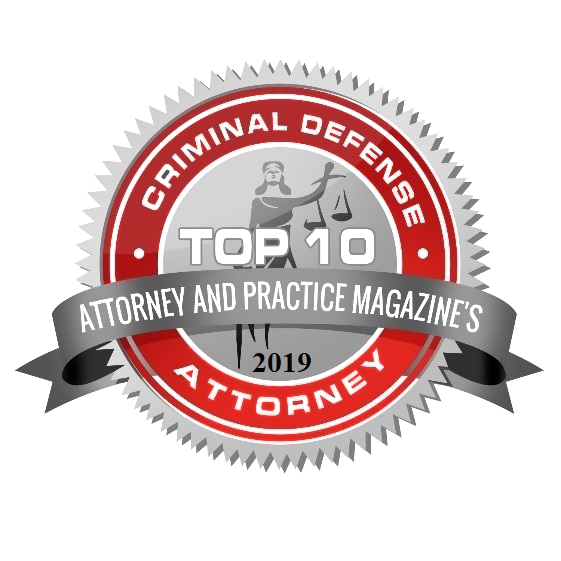Under the Fourth Amendment of the US Constitution, law enforcement is not allowed to conduct unreasonable searches and seizures with respect to suspected criminals. If law enforcement DOES conduct an illegal search, then the evidence obtained is inadmissible – it cannot be used by the prosecution. To make the search legal, the police must go see a judge and demonstrate that probable cause exists to believe a criminal offense has been or is about to be committed.
Recently, we wrote about how law enforcement cannot search your cellphone without a warrant. In that case, Riley v. California, 134 S.Ct. 2473 (2014), the court discussed how information uploaded and stored on cellphones is often more personal and private than what would be revealed by a search of our homes. Advances in technology have led to more and more use of that technology by law enforcement here in Will County, for example.
There is another cellphone data and information case pending before the US Supreme Court called Carpenter v. United States.
Your cellphone collects and maintains a vast amount of data. You generally upload personal information and information that identifies you specifically. Your cell service provider also has a vast amount of data about you including credit card information, where you live, and often information like driver’s license and social security numbers.
Furthermore, your phone and the phone companies have all the information with respect to what phone numbers called into your phone, what numbers you called, AND all text messages sent and received. If you used email via your phone, all of those emails are obtainable, too.
The key point for the Carpenter case is that your phone acts as a tracking device, disclosing where you and your phone have been over the previous days, weeks, and months. The location of your phone can be tracked within five feet or less – let that sink in – five feet!
The phone and the cell towers combine to allow law enforcement to track your current location and your historical locations at all times of the day and night over MONTHS. This is called cell site location information (“CSLI”). Use of CSLI is the issue to be resolved in Carpenter v. United States. In that case, the defendant was charged with several robberies. Part of the evidence used to convict Carpenter was two months of CSLI data placing Carpenter at or near the scene of each robbery at the time the crimes were committed. The police did not obtain a warrant before gathering the CSLI data. At trial, CSLI evidence was allowed to be heard by the jury. Carpenter’s counsel objected, but was overruled. On appeal, the Sixth Circuit affirmed. Carpenter v. United States, 819 F. 3d 880 (6th Cir. 2016). The case is now before the US Supreme Court with a decision expected summer 2018. The oral argument can be heard here.
Criminal defense lawyers are watching the case with keen interest. The lower courts reasoned that the criminally accused have no “privacy rights” in CSLI data because “everyone knows” that the cell companies are gathering the information. We “all know this” because, for your cellphone to work, you have to enter various personal information and then be connected to the cell tower. Since you are voluntarily giving information to the cell phone companies, you do not have an “expectation of privacy.” According to the Supreme Court, if there is no “expectation of privacy,” then no warrant is needed for the police to obtain the information. See Smith v. Maryland, 442 U.S. 735 (1979).
Legal Lessons
First, never forget the amount of data contained on your phone.
Second, be careful of what you upload on your phone and remember that texts and emails CAN be downloaded by the police. It is almost impossible to permanently delete text messages. They are stored by the cell phone companies.
Third and foremost, if you are arrested, remember your Miranda rights. What you say can and will be used against you at your trial. This applies to EVERYTHING you say, including what you say about YOUR CELL PHONE. So, when the officer asks: “Is this your phone?,” DO NOT answer the question. Say: “I wish to remain silent. I wish to speak to an attorney.” Ask for your experienced and aggressive criminal defense lawyer. Many people who are arrested think that they do not need to worry about Miranda rights for something so seemingly unimportant. What is on your phone, including CSLI information, might be used against you at your trial. As the officer takes your phone, DO NOT blurt out: “HEY! That’s my phone!”
Contact an Experienced Will County Criminal Defense Lawyer
If you have been arrested and you want an experienced criminal defense attorney to challenge the legality of the police’s search, you need an attorney like JohnPaul Ivec. Mr. Ivec can be reached at (815) 439-9909 or via email using this form on the firm’s website. Ivec Law, P.C. handles criminal defense cases in the greater Chicagoland area in both state and federal court.







